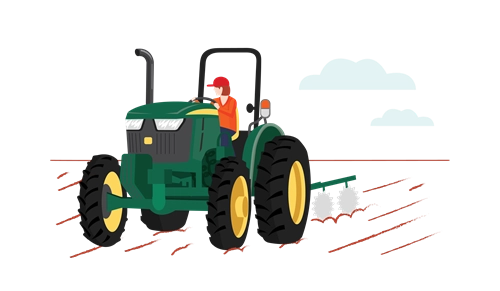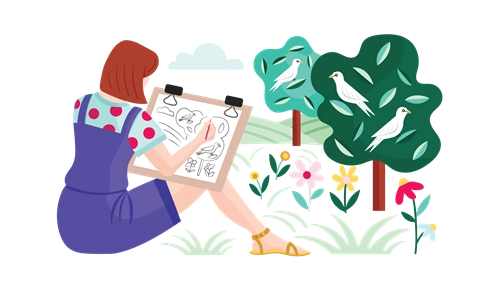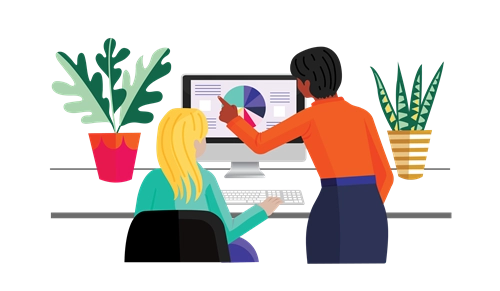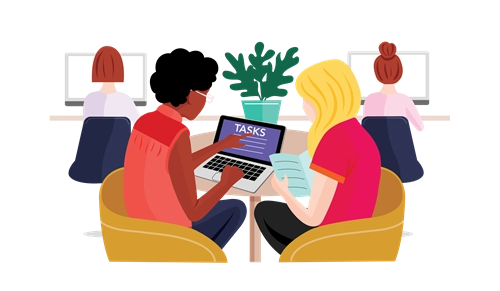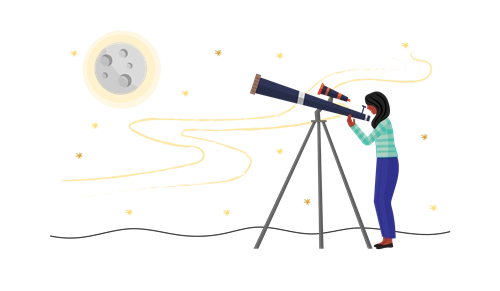Explore diverse STEM experiences
Girls benefit from diverse role models in STEM. Often, these role models represent the most successful and resilient STEM practitioners. However, while aspirational role models are important, it’s also integral to recognise and explore with students the diversity of experience of STEM and the ways in which culture, gender, ethnicity and background can influence and shape each person’s STEM identity. Engaging in this approach is important to validate and support girls’ intersectional experiences as they pursue STEM pathways.
When representing narratives of different STEM practitioners, ensure you acknowledge all aspects of the story in age-appropriate ways. Individuals’ stories can include instances of bias, censorship, frustration, confusion and disappointment, as well as success, recognition, pride, wonder and awe. Balanced representations allow students to connect with those narratives in more powerful ways.
For upper secondary students, it can be important to show students that STEM is vulnerable to social injustice, and that STEM is not always objective and unbiased. For example, in 2021, just under 1.2% of academic staff members at Australian universities had an Indigenous background (Mallapaty, 2022). What factors could explain this lack of diversity in academia?
Talk tips
- Value students’ recounts of their own, family members’ or friends’ challenging STEM experiences, supporting the class to appreciate the range of experiences.
- Invite STEM role models from your community to talk to students about their experiences, how they overcame barriers and why they persisted, and encourage students to ask questions.
- Model wondering about the lived experiences of STEM role models, for example, ‘I wonder how it felt to be a woman in a workplace that was predominantly male?’
- Model wondering about representations of STEM in the media, for example, ‘Do you think that’s an accurate representation of the diversity of STEM practitioners? I wonder how it would feel not to be represented there.’
Take a look at the next GiST Talk approach, 5. Demonstrate how STEM knowledges, dispositions and skills are transferable across learning
Resources
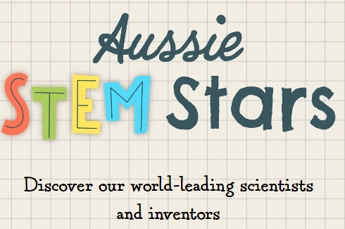
Aussie STEM Stars
Books for children aged 9 to 13 years that tell the stories of some of Australia’s world-leading researchers and inventors.
FIND OUT MORE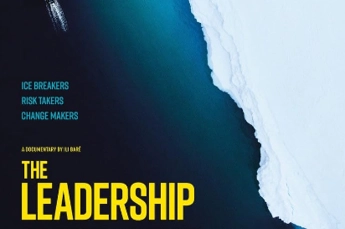
The Leadership
This M-rated documentary follows a group of 76 female scientists on an Antarctic voyage focused on developing them as leaders. Issues covered include discrimination and inequality, the gender pay gap, the maternal wall, sexual harassment and abuse in the workplace, imposter syndrome, climate change, and the lack of opportunities for culturally and linguistically diverse and Aboriginal and Torres Strait Islander women. Teaching support materials are also available.
FIND OUT MORE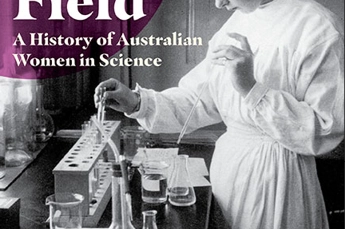
Taking to the Field: A History of Australian Women in Science
This book explores the history and influence of Australian women in science from colonial to contemporary times and shows the outsized influence of these women on the world.
FIND OUT MORERacism: Overcoming science’s toxic legacy
This special issue of Nature (2022) explores racism in science, including a legacy of excluding people of colour and using research to underpin discriminatory thinking.
FIND OUT MORE

